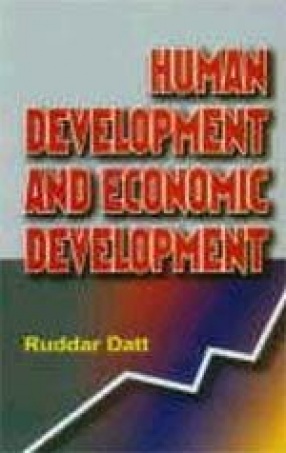
Showing all 6 books
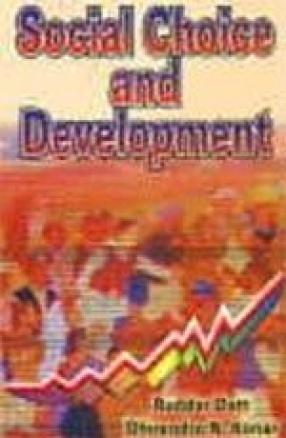
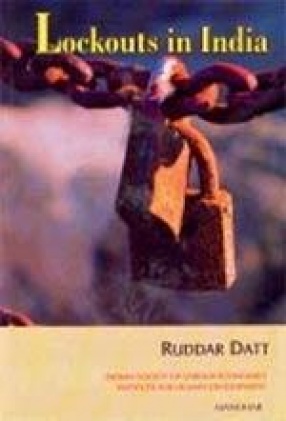

Human Development and Economic Development is aimed at understanding the process of widening people’s choices and the level of well-being they achieve. It underscores the fact that income is only one choice and the economists had been pre-occupied with measuring economic development with the help of per capita income only. It is also a fact that the benefits of growth do not percolate uniformly to all strata of society. But human development is a much wider ...
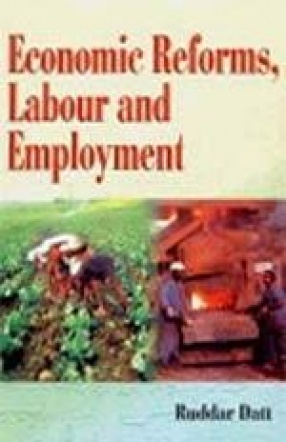
This book examines the impact of economic reforms, introduced in India in 1991, in accelerating GDP growth, removing poverty, attaining full employment and reducing regional disparities. Part I entitled Economic Reforms, Privatisation and Globalisation gives a survey of the achievements and failures of the reforms process. The Disinvestment Policy has been analysed in depth and the unprincipled manner in which it has been pursued has been exposed threadbare. The ...
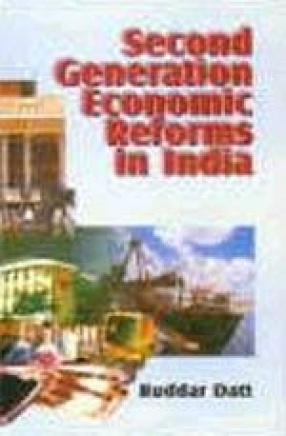
Second Generation Economic Reforms in India is an edited volume arising out the IEA Conference (83rd) of the Millennium papers. This is a part of the IEA scheme of publishing such volumes from papers contributed for IEA Annual Conferences during 1999-2000. The present volume consists of 27 articles distributed over 7 sub-themes. This volume also contains an Editorial Introduction by Prof. Ruddar Datt, Preface by Prof. Raj Kumar Sen, Managing Editor for the Series ...

The volume makes an analytical study of Sen's Social Choice Theory in response to Arrow's Impossibility Theorem in Welfare Economics. The articles in Indian Context have made an indepth analysis of the situation prevailing in India--at the All-India level as well as obtaining in various states. This book is a very useful addition to the study of social choice as an instrument in the development process and highlights the need for taking care of the deprivations ...

This book is perhaps the first attempt to study the menacing problem of lockouts in India which has plagued industries in the last three decades. Besides giving an overview of lockouts from 1961 to 1997, the author has made a special study of lockouts in West Bengal-the state with maximum number of mandays lost due to lockouts in India. He suggests that the causes for lockouts put forward by the Indian government in the Labour Year Book as well as Labour in West ...
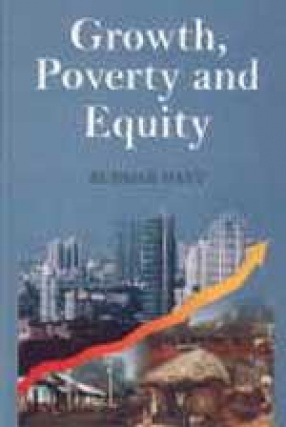
Growth, Poverty and Equity by Professor Ruddar Datt is an attempt to examine whether India is able to attain the long-term objectives of maximum production and full employment, the attainment of equality and social justice for the poor and the downtrodden in our society. While India has become one of the fastest developing economies of the world, its record in reducing poverty and unemployment has not been very encouraging, more especially in the last two decades ...
